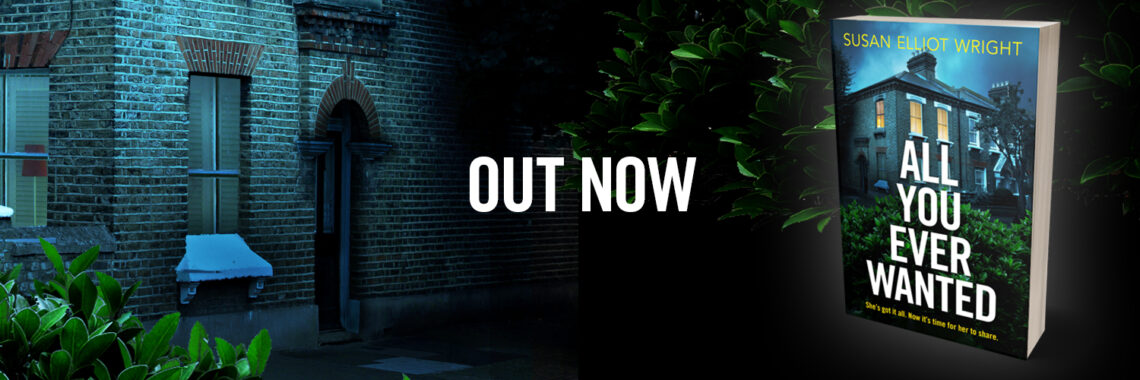For me, writing the first draft of a novel is a difficult, sometimes tortuous process, and I find myself desperate to hear how other writers work. Do they find it as hard as I do? What are the bits they enjoy? How do they manage? I want to hoover up every morsel of advice and information I can find, leap on any little tip that’ll make things easier. I want to know what helps other writers keep their motivation, whether it’s little treats like a bar of chocolate or a glass of wine, or whether it’s a more visual, writing-focused reward, like a graph showing the word count going up. I want to know what other writers do when they get stuck; do they go for a walk, read a book, visit an art gallery? Cry? Get drunk?
The point of all this is that most writers I know are fascinated by the working processes of other writers. So I thought I’d try a weekly blog about my own working life, with its ups and downs, for an initial period of ten weeks. The summer is a good time for me to write because I don’t have so many teaching commitments, so I have high hopes for the next ten weeks, and it’ll be interesting to see how I’ve progressed by then (or not…)
Where I am now:
I’m working on the first draft of my third novel, which is due to be published in 2015. The part of the story I’m working on at the moment is set in the past, and I’ve written about 35,000 words. I have another 10,000 words of a storyline set in the present day, but that part really isn’t working yet, so I’m discounting those 10,000 words for now.
Here’s an overview of the week up to 30th of June (I’ll write this blog on Mondays to post on Tuesdays)
Tuesday 24th Wrote nothing, here’s the excuse: babysitting 8.30am to 2pm, followed by lunch, then reading students’ work for evening class. Walked the dog (thought about novel while walking) then a quick cuppa before heading off to teach in the evening.
Wednesday 25th Faffed about doing emails and on Twitter all morning. Eventually managed to squeeze out 500 words before babysitting again at 3.30. Finished reading The Slaves of Solitude – brilliant. Love the way he zooms in close to the characters, then comes out again to give an overview. Wonder if I could use this more in my own writing?
Thursday 26th A ‘bitty’ day. Needed to sort out car insurance and various boring household things. Lots of emails to answer and things to post. Should have started writing first, but wanted to get the boring stuff out of the way. Never works. Started writing, but quickly got stuck. A Twitter pal suggested I go for a walk. This does often work and so I should have taken the advice, but I felt too despondent. Not a good day.
Friday 27th Woke up feeling determined to make up for rotten day yesterday. Straight to my desk in the morning and wrote 400 words of a new scene. Then did some admin stuff, then more work on the scene. Pleased with what I’d written by lunchtime, so, recalling the habit of one of the characters in The Slaves of Solitude, I poured myself a cheeky little sherry. (I am so suggestible!) Finished that scene and wrote the first line of the next scene. Happy enough with the day’s work – just over 1000 words. Why can’t I do this every day?
Sat 28th Urban writing retreat http://sheffieldwriter.weebly.com/sheffield-writers-retreats.html Good day – inspiring to be working in the same room as other writers, candles flickering away down the centre of the table, coffee and biscuits arriving at regular intervals. Finished the scene I started on Thursday (just under 2000 words) and did some editing. Treats count bit high today – cheese panini, cake, wine…
Sun 29th I try to take one day a week off to read, chill out, spend time with the Other Half etc, so I didn’t think I’d write anything today, but thought I’d just open up the document and have a look. Ended up writing just over 500 words, so fairly happy with that.
Monday 30th Met a writer friend for lunch, so low expectations, but managed 300 words on the train there. Wrote 250 words on the train back, though this was after half a bottle of wine, so is probably rubbish. Spent most of the evening reading about the rituals of other writers and artists:
 |
| Daily Rituals, by Mason Currey |
Nice things this week:
Two lovely emails, one about The Things We Never Said and one about The Secrets We Left Behind. Love receiving (and replying to) emails from readers – they really make my day!
New Amazon reviews this week:
The Secrets We Left Behind: two 5-star and one 4-star. And one 3-star, which says it was ‘good but full of typos and proofreading errors’! Am wondering if this was only on the Kindle version? (Though I did spot one in the print version – my fault!)
The Things We Never Said: three 5-star reviews with some really lovely comments. And one 3-star with a ‘hmm,’ Oh well…
So, at the end of week one of this blog, my word count for the week is approximately 4500 words. Total word count (though this includes a few notes) 36,594
The coming week:
I have a couple of babysitting commitments again, but have also planned two coffee shop writing sessions with a friend, so no excuse really. See you back here next Tuesday. I hope to have written at least another 4000 words by then. How about you?
For more about me and my work, visit my website or ‘like’ my Facebook page (and of course, you can follow me on twitter: @sewelliot )



